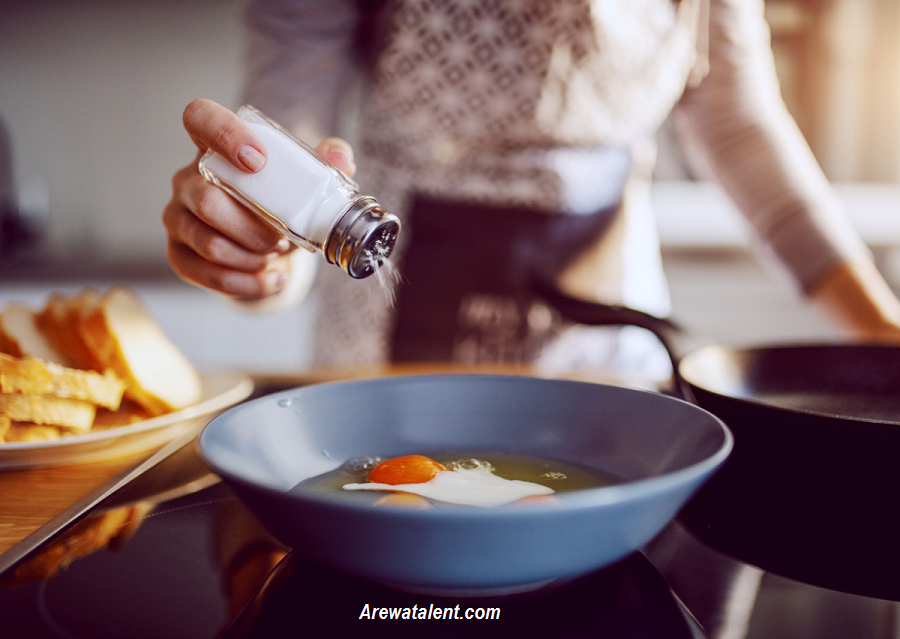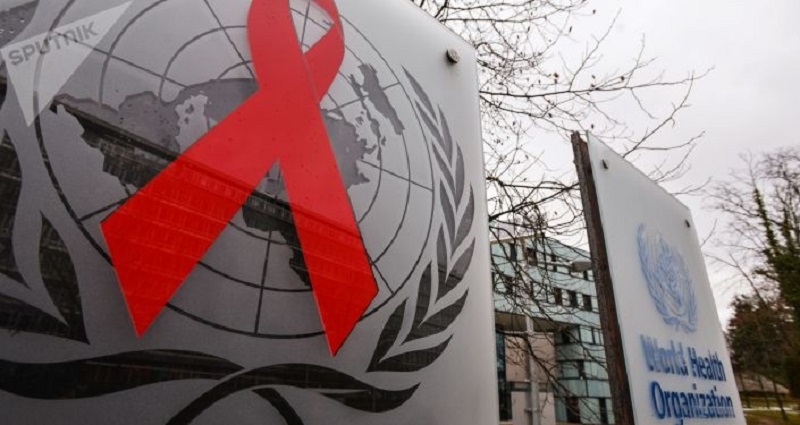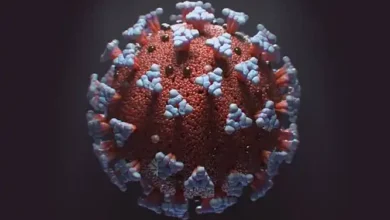Top Foods That Can Easily Destroy Your Kidneys

Our kidneys play a vital role in maintaining our overall health. These small, bean-shaped organs are responsible for filtering waste products and excess fluid from our blood, balancing electrolyte levels, and producing essential hormones. However, various factors, including our diet, can influence the health of our kidneys. In this article, we will explore the foods that can potentially harm our kidneys and learn about the ones that promote kidney health.
Understanding Kidney Health
Before diving into the foods that can negatively impact our kidneys, it’s essential to understand the significance of kidney health. Our kidneys act as a natural filtration system, removing waste and toxins from our bodies through urine. They also help regulate blood pressure, stimulate red blood cell production, and maintain electrolyte balance. When our kidneys are functioning optimally, our body remains in a state of equilibrium. However, certain dietary choices can strain the kidneys and hinder their ability to perform these crucial functions.
The Importance of a Healthy Diet for Kidney Function
Maintaining a healthy diet is vital for supporting kidney function and preventing kidney damage. A balanced diet ensures that our kidneys are not overworked and helps prevent conditions like kidney stones, kidney disease, and renal failure. By understanding the foods that can harm our kidneys, we can make informed choices and protect these vital organs.
Foods to Avoid for Kidney Health
1. High-Sodium Foods
Excessive sodium intake can lead to high blood pressure, which strains the kidneys. Processed foods, canned soups, fast food, and salty snacks are common sources of sodium. It’s crucial to limit sodium consumption and opt for low-sodium alternatives and fresh, homemade meals.
2. Processed Meats and Deli Meats
Processed meats and deli meats contain high levels of sodium, preservatives, and additives that can burden the kidneys. These products also tend to be high in phosphorus, which is another mineral that can negatively affect kidney health. Choosing fresh, lean meats or plant-based protein sources is a healthier option.
3. Sugary Beverages
Sugar-laden drinks like soda, fruit juices, and energy drinks contribute to obesity, diabetes, and kidney damage. They can increase the risk of developing kidney stones and put strain on the kidneys due to the high sugar content. Opting for water, herbal tea, or infused water with fruits and herbs is a better choice for kidney health.
4. Caffeine and Energy Drinks
Caffeine is a diuretic that can dehydrate the body and strain the kidneys. Energy drinks, in particular, contain high levels of caffeine and sugar, leading to dehydration and potential kidney damage. Moderating caffeine intake and opting for healthier alternatives like herbal tea or natural fruit juices is advisable.
5. Alcohol
Alcohol and its Effects on the Kidneys
Alcohol is a popular social beverage consumed by millions of people around the world. While moderate alcohol consumption is generally considered safe for most individuals, excessive or chronic alcohol use can have detrimental effects on various organs, including the kidneys. In this article, we will explore the relationship between alcohol and kidney health, shedding light on the potential risks and consequences associated with alcohol abuse.
Understanding Alcohol and its Effects on the Kidneys
Alcohol, chemically known as ethanol, is a psychoactive substance that affects the central nervous system. When consumed, alcohol is absorbed into the bloodstream and distributed throughout the body. The kidneys play a crucial role in filtering waste products and excess fluids from the blood, maintaining the body’s fluid and electrolyte balance.
The Role of Alcohol in Kidney Damage
Direct Toxicity
Excessive alcohol consumption can directly damage the kidneys. Alcohol is known to generate toxic byproducts during metabolism, which can harm the delicate structures of the kidneys. These toxic substances can lead to inflammation and oxidative stress, impairing the normal functioning of the kidneys over time.
Dehydration and Electrolyte Imbalance
Alcohol acts as a diuretic, increasing urine production and promoting fluid loss from the body. This diuretic effect can lead to dehydration, compromising kidney function. Additionally, alcohol can disrupt the balance of electrolytes, such as sodium, potassium, and calcium, which are essential for maintaining proper kidney function.
Increased Blood Pressure
Alcohol consumption has been linked to elevated blood pressure levels. High blood pressure, also known as hypertension, is a leading cause of kidney damage. Prolonged alcohol abuse can contribute to the development of hypertension, further increasing the risk of kidney problems.
Alcohol-Related Kidney Diseases
Alcohol abuse can contribute to the development of various kidney diseases. Some of the commonly observed alcohol-related kidney conditions include:
Alcoholic Fatty Liver Disease
Excessive alcohol consumption can lead to the accumulation of fat in the liver, known as alcoholic fatty liver disease. This condition can impair liver function and indirectly affect kidney health.
Alcoholic Hepatitis
Alcoholic hepatitis is a severe inflammation of the liver caused by alcohol abuse. In advanced stages, this condition can impact kidney function and contribute to kidney damage.
Alcoholic Cirrhosis
Alcoholic cirrhosis is the final stage of liver disease resulting from long-term alcohol abuse. As liver function deteriorates, it can have a cascading effect on the kidneys, leading to kidney dysfunction.











